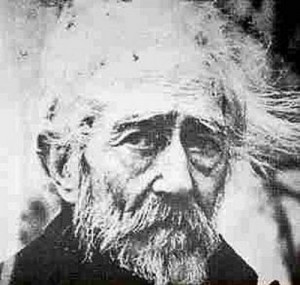For weeks I’ve been waiting for a shipment of books from the U.S. Finally, today, a notice arrived and that meant a trip down to Retiro and the international post office.
The most anticipated volume in this shipment, what I look forward to soaking in day after day, is the one thousand plus pages of Walter Benjamin’s The Arcades Project.
The entire book is simply snippets of Benjamin’s readings and his thoughts, an almost blog-like composition that Benjamin crafted while sitting in the Bibliotheque Nationale de France.
The work is a curious intersection of philosophy, urban planning, architecture, sociology, and literature.
Benjamin was fascinated by the arcades, passageways, of Paris and the ways those structures transformed Parisian society in the mid-1800s.
The Arcades Project – just like any blog – is an unfinished work. Begun in 1927, Benjamin still hadn’t completed the work by his death in 1940, a suicide at the French-Spanish border as he attempted to flee Nazi-occupied France. It’s not clear what Benjamin’s intended behind the many pages of notes that editors later comprised together to form The Arcades Project, possibly notes for another work or simply his own occupation with a variety of thoughts. Originally written in German and French, the English translation was not published until 1999.
Walter Benjamin was a great observer of urban culture. And in my own walks around Buenos Aires, I’m going to be lugging this volume (my edition is a 5 lb hardcover!) along some of my jaunts. It should make for fascinating reading and reflection while sipping coffee. I’m sure that it will not be the last book I will ever read. But, I probably could spend the remainder of my days perusing this volume.
Besides, my book shipment also included W.G. Sebald’s The Rings of Saturn and Malcolm Lowry’s Under the Volcano
.
An additional surprise
I bought this book used at a good price, the hardcover was no more expensive than a new paperback. But what I particularly like about buying used books is that they often come with an added surprise. And this one certainly did. I’ll blog tomorrow about that.
